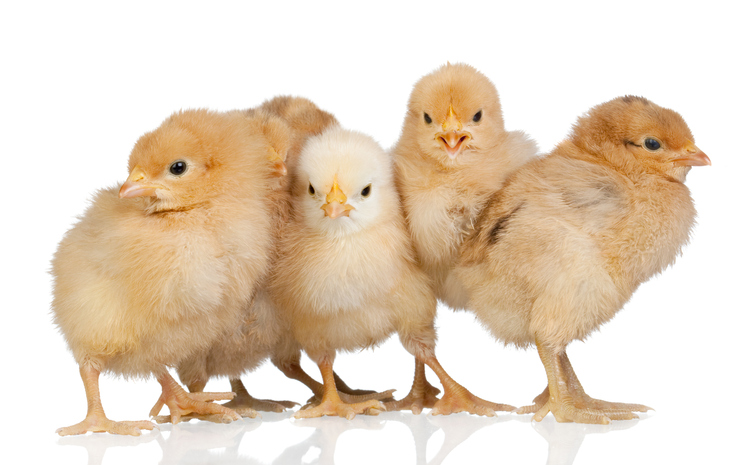WA Veterinarian doing the right thing about avian flu

It is rare for humans to contract avian flu, but it is extremely contagious within flocks. On May 19, Washington State Veterinarian Dr. Amber Itle, advised live poultry markets throughout the state to close for 30 days to allow warmer weather to take hold in the interest of animal health and safety.
“Temporarily suspending poultry and waterfowl sales is recommended until detections across Washington slow down. This may extend until the end of June,” Itle said.
Itle is doing the right thing. The advisory is voluntary and reinforces what several live poultry markets have already done independently.
So far, avian flu has been detected in nine domestic flocks in seven counties throughout the state. The potential spread of avian flu to commercial flocks poses a food safety concern amidst already rising food prices.
The average person consumes about 98 pounds of chicken annually, making it a staple source of protein for many people. Additionally, the average person eats 286 eggs annually. An infection like avian flu within our commercial chicken flocks, particularly those producing some of the estimated 113 billion eggs laid in our state in 2019, could spell a catastrophic loss of animal life and income for producers.
Avian flu is spread between birds in two ways – either through shared food or water with an infected animal – or by consumption of “fouled” food or water when an infected animal flies overhead and droppings land in the food or water supply. Predators can also contract avian flu by consuming the carcass of an infected bird.
There is no evidence avian flu is easily contracted by humans.
The spread of avian flu would make it harder to find chicken and eggs at the grocery store, making them more expensive for consumers.
There is also risk for young domestic producers who own poultry for 4-H or FFA projects. Earlier this month, Dr. Itle asked bird owners to avoid “shows, exhibitions, and fairs” this year to mitigate the spread of avian flu among entered birds. For youth participants at shows, exhibitions, and fairs, the inability to participate in those events represents a potential loss of significant income via the hosted livestock auction meant to help them earn back their animal raising expenses.
If you own poultry or waterfowl, avian flu symptoms include the following:
- Wheezing/gasping;
- Diarrhea;
- Swelling around the head, neck, and eyes;
- Discoloration around the wattle and legs; and/or
- Tremors or other nervous system impairments.
If you own bird you suspect died of avian flu, contact the Washington State Department of Agriculture’s sick bird hotline at 800-606-3056. Sick or dead wild birds should be reported to the Washington Department of Fish & Wildlife through its online reporting tool.





